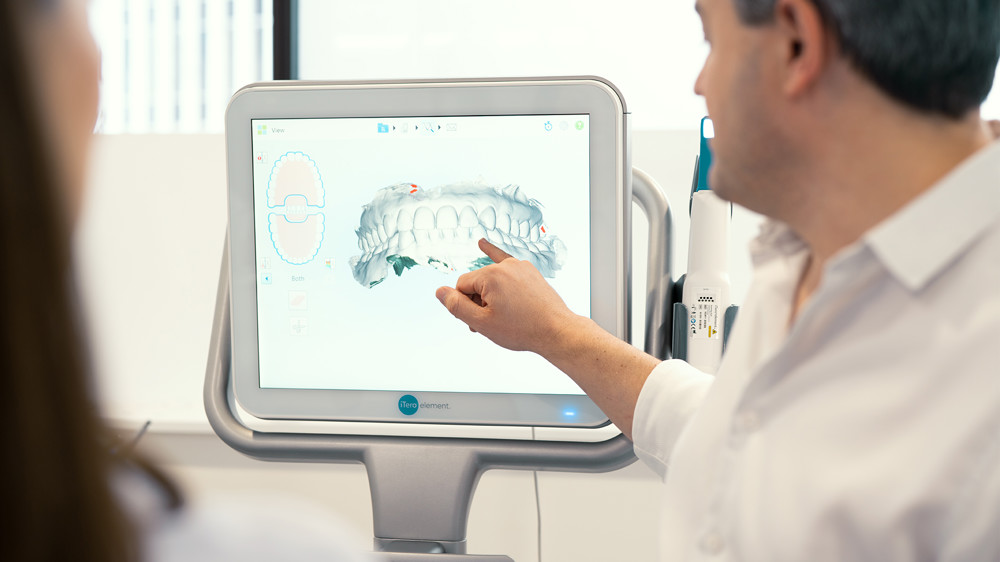Treating crooked teeth
Crooked and crowded teeth or an abnormal bite can be treated in a number of ways. Your dentist may recommend orthodontic treatment to straighten your teeth. Teeth can be straightened using a variety of techniques. Which one you decide on will depend on the condition of your teeth, the severity of your problem and your budget. Some of the available treatments include:
- Traditional orthodontics (fixed braces)
- Invisalign®
- Crowns
- Veneers



